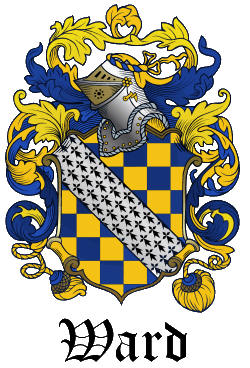|
|
Search

|
  Home Home
|
  Surname Surname
|
  First Name First Name
|
Popular Products

|
  Coat of Arms Coat of Arms
|
  Clan Badges Clan Badges
|
  Books & Gifts Books & Gifts
|
  Celtic Jewelry Celtic Jewelry
|
  Black Shirts Black Shirts
|
  CD Music CD Music
|
  Download Download
|
 Design Gallery
Design Gallery

|
  Irish Irish
|
  Flags Flags
|
  Celtic Celtic
|
  Tartans Tartans
|
  Scottish Scottish
|
  Claddagh Claddagh
|
  Surnames Surnames
|
  Highlander Highlander
|
  Celtic Radio Celtic Radio
|
Research

|
  History History
|
  Country Country
|
  Families Families
|
|
|
|
|
 We custom design and produce all of our products with industrial press technologies located at our Boston Massachusetts facilities! This industrial process results in superior manufacturing that will outlast even store bought products. Our base products are supplied from a major clothing wholesaler, so we can keep our prices low.
Orders made today are generally filled within 1-4 weeks depending on our current supply schedule. All products have a 30 day money back guarantee for defects in workmanship. Customer satisfaction is our number one priority!
|
|
Our Heraldry Database has thousands of Family histories to search. Visit Now!
Ewing

Coat of Arms
The Ewings are of Scottish descent, originally from the West of Scotland, near Glasgow. They were located on the River Forth, near Stirling Castle, in the vicinity of Loch Lomond. Their religion was Presbyterian. The reproduction of the coat of arms, above, was recognized by the Hon. Thomas Ewing family as coming from Scottish ancestors. Near the lower middle of the drawing is "Mask Ewing," short.....
|
|
|
Heraldry Database: Ward
Ward

|
|


Surname: Ward
Branch: Ward
Origins: British
More Info: England
|
|
Background: An occupational name for a "guard or watchman," from Old English "weard" = guard. It is also means a geographical name for a person who lived near a guardhouse or fortress.
|
 Motto: Motto: Usque ad mortem fidus, Faithful even to death. View the Heraldry Dictionary for help.

The last occupational name to pass the thousand mark is Ward, a simple Old English monosyllable meaning a guardian, keeper or watchman, a person so obviously useful and important that little more need be said about his function. This word was a favourite among the Anglo-Saxons for forming their Christian names, as in Edward and Hereward, and was used in many compounds. The title 'lord' originated as the 'hlaf-weard', the guardian of the loaf, but this is going a long wasy back. Our surnames still echo the lesser titles of the Durward (Door-keeper, largely superceded by Porter), the Hallward, the Woodward (later the forester), and the Churchward, now become the Churchwarden. The best known of these compounds was the Hayward, a familiar figure in most villages from early times. His task was to guard - not the hay as one might easily think, but the enclosures. The great fields shared out in strips and cultivated communally by the villagers were protected by moveable hurdles, and it was the responsibility of the hayward to see that all was well and no animals strayed on to the precious crops. If they did he might impound them. Custom varied from one place to another, but in many villages there was a certain authority as well as useful perquisites attached to the office of hayward which made it well worth holding.
Name Variations: Warde, Wardman, Wordman, Wards, Ward, Wardell, Warden, Wardley, Warfield, Warford, Warley, Warmond, Warton, Warwick .
References:One or more of the following publications has been referenced for this article.The General Armory; Sir Bernard Burke - 1842.
A Handbook of Mottoes; C.N. Elvin - 1860.
English Surnames; C.M. Matthews - 1966.
A Dictionary of English Surnames; P.H. Reaney - 1958.


Discuss
|
 Search
Search
|

Sign-up for a Founders account and receive personalized
family heraldry service and much more!

Want to know more?
Click the Heart!
|
|
|



